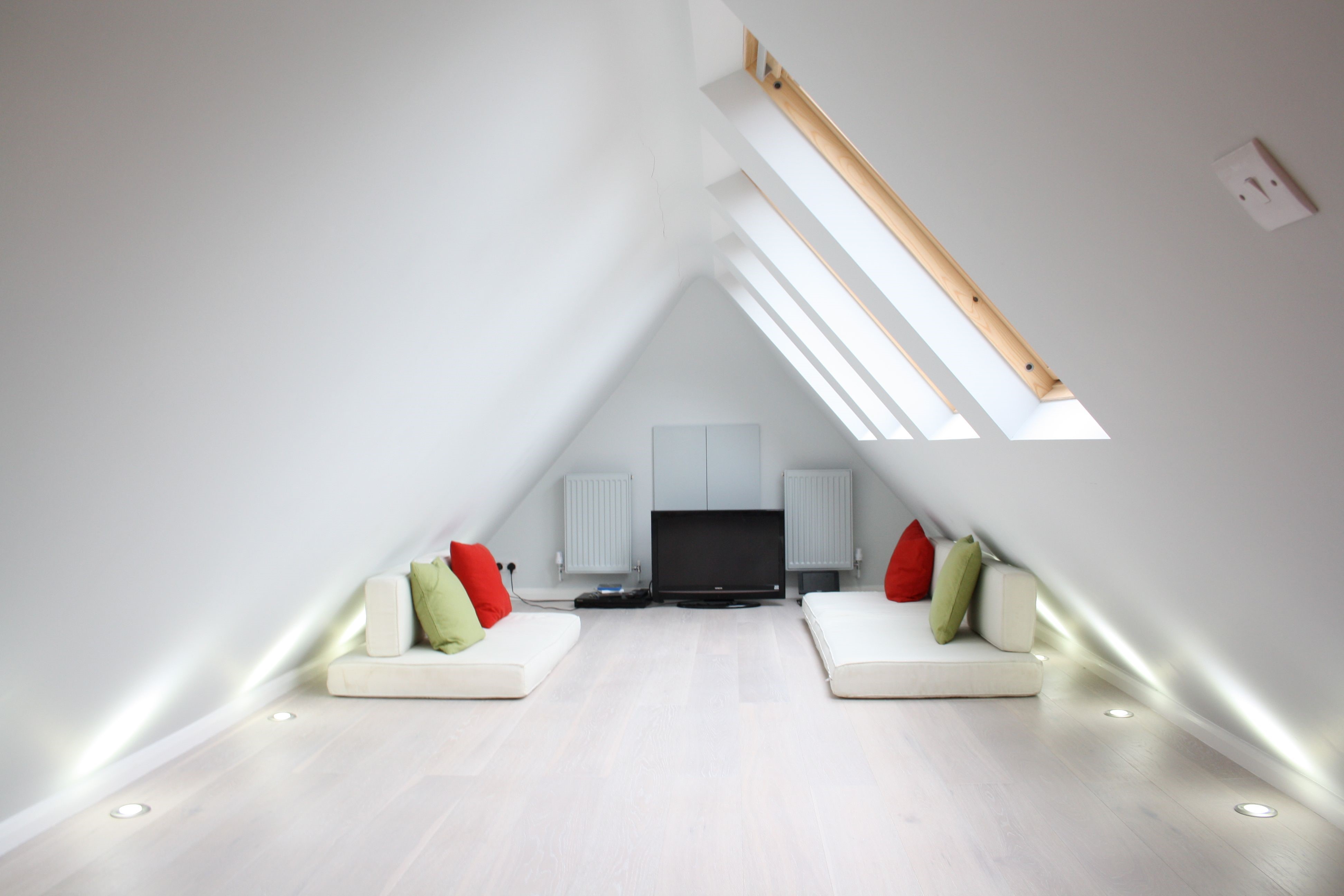House Extension Costs: Extending Your Home on the Cheap

Let’s cut to the chase: extending your house can be a time consuming and disruptive affair.
For weeks or months on end you must juggle living in a building site whilst maintaining a normal work/life balance. The process is even more of a challenge if you have small children.
If you can get through it, the whole process of extending your house is definitely worth the time, money and hassle – who doesn’t want more living space to play with? Not to mention the increase in value the extension will add to your home!
However, one of the biggest obstacles facing home owners is the perceived cost of a house extension. From initial design work to labour, costs can quickly spiral out of control if you don’t plan ahead.
At HLN, we’re firm believers that extending your home shouldn’t cost the Earth. We explore house extension costs and ways in which you can keep expenses down.
1 – Don’t bother extending at all!

First of all, do you really need to extend your house? If all you need is a little extra living space, why not consider a loft conversion instead?
A simple Velux loft conversion, for instance, only requires interior renovation work, in line with UK building regulations approval, and the installation of Velux windows on one or both sides of your roof.
For those of you with garages, another alternative is a nifty garage conversion. Garage conversions are arguably less intrusive than loft conversions as all the work takes place at ground level.
The only downside is that changes made to detached garages may require planning permission, as they are treated as separate buildings.
2 – Make do and reuse

Design work aside, the house extension process consists of 2 phases: construction of the outer shell and interior decoration. When it comes to the decorative side of things, you can save a heap of cash by reusing old materials or buying second hand.
Perhaps you have a shed or a garage full of unused flooring from a previous renovation project, or a friend/relative has an old radiator and a spare door gathering dust. If so, make do and re-use!
It’s also worth mentioning that website’s such as Gumtree and Preloved are a haven for salvaging unused materials, so be sure to shop around before buying brand new.
3 – Only use reputable tradespeople

This one is a bit of a no-brainer, yet there are plenty of cowboy builders out there and separating the wheat from the chaff can be a little tricky, especially if you are new to the game.
We’ve heard plenty of stories of unsuspecting home owners being wooed by the empty promises of dodgy builders only for hidden costs to creep out of the woodwork after work has commenced. Projects running way over schedule is another pitfall.
It may sound counter-intuitive but paying a little extra for reputable trades people will save you the cost of patching up shoddy workmanship further down the line.
Top tip – Never pay for building work in advance, only once the job has been completed and you’re satisfied with the end result. Also, do your homework – any builder or trades person worth their salt will have plenty of good reviews in places such as Yell or Google. The same goes for architects and structural engineers.
On that note, if your house extension plans require the expertise of both an architect and a structural engineer, consider opting for a multidisciplinary practice (i.e. a firm that offers both architectural and structural design work).
As all elements of the design stage take place in-house, multi-disciplinary consultancies are able to offer a cost saving as an incentive, provided the scope of the project or the level of resource available remains constant throughout.
4 – Avoid the tax, man!

Try your best to find a reputable builder that is not VAT registered. Typically, these are self-employed tradespeople who each year turnover less than the threshold for VAT registration.
As VAT is charged at 20% on labour costs, hiring someone that is not VAT registered can save you a fair bit of money.
5 – Gather a range of house extension quotes
![]()
You would be surprised by just how many people go for the first builder they speak to. Sure, life can be hectic at times, especially if you work full-time and have a family.
But taking the time to gather a range of quotes could save you hundreds of pounds.
Aim to acquire a minimum of three quotes form three separate builders. You never know, builder A may be just as reputable as builder B, but there’s a chance that builder A is not VAT registered or simply charges less than builder B for the same level of service.
For advice and further information on house extension costs and ideas, please contact our engineering department on 020 8099 6388 or email us at mail@hlngroup.co.uk.



Leave a Reply
Want to join the discussion?Feel free to contribute!